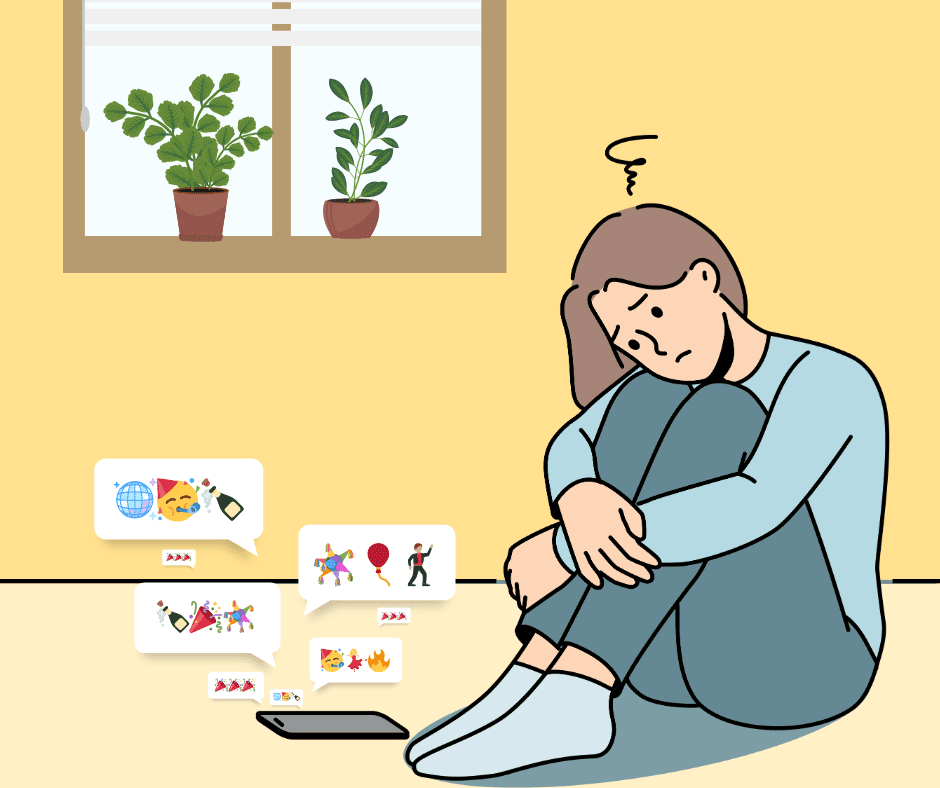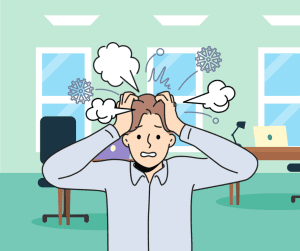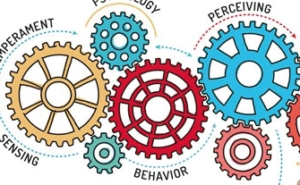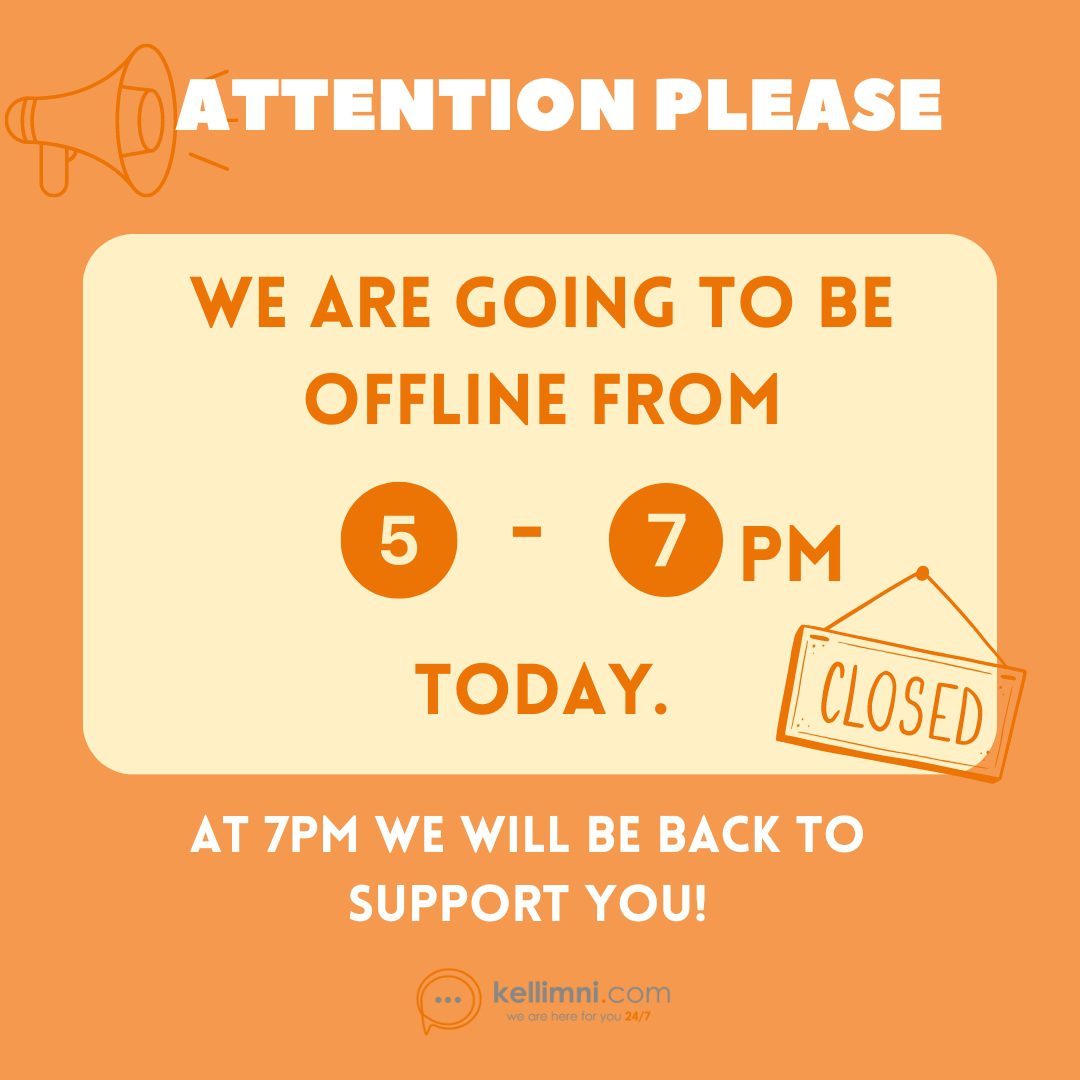In our modern world of constant connectivity, it’s easy to get caught up in the widespread phenomenon known as FOMO, or the “Fear of Missing Out.” FOMO is a powerful emotional force that can deeply affect our mental well-being. Many of us have felt it, and its impact on our lives is significant.

What Is FOMO?
FOMO is that anxious feeling you get when you think others are having great experiences that you’re missing out on. In today’s digital age, FOMO often shows up on social media, where we see images and stories of people, whether they’re friends, acquaintances, or even strangers, apparently having the time of their lives. The fear of not being part of these experiences can make you feel inadequate, alone, and anxious.
The Impact of FOMO on Mental Health
Constant exposure to carefully curated snippets of others’ lives on social media can fuel FOMO and harm our mental health. Here are some ways FOMO can affect your well-being:
- Increased Stress and Anxiety: FOMO can create a persistent sense of unease, leading to stress and anxiety. You might feel pressured to keep up with the latest trends, attend every social gathering, or acquire specific possessions to avoid feeling left out.
- Decreased Self-esteem: Comparing your life to others’ highlight reels can lower your self-esteem, hurting your self-worth and mental health.
- Isolation: Oddly, excessive FOMO can make you withdraw from social interactions or hesitate to commit to social plans, believing you won’t be valued.
- Poor Sleep and Fatigue: Frequent checks on social media for fear of missing out can disrupt your sleep, lead to exhaustion, and harm your focus.
Managing FOMO and Prioritizing Mental Health
Recognizing and addressing FOMO is essential for protecting your mental health. Here are some strategies to help you manage this fear:
- Limit Social Media Time: Cut back on your time spent on social media, especially during vulnerable moments. Consider unfollowing or muting accounts that trigger your FOMO.
- Practice Mindfulness: Mindfulness techniques can help you stay focused on the present and appreciate what you have, rather than obsessing over what you might be missing.
- Set Realistic Expectations: Understand that no one’s life is as perfect as it seems on social media. People usually share their highlights, not their entire story.
- Prioritize Self-care: Concentrate on self-care and engage in activities that bring you fulfillment. Your well-being and happiness matter more than seeking external validation.
- Talk About Your Feelings: Share your worries with friends, family, or a mental health professional. Discussing your fears and anxieties can offer valuable insights and support.
Seek Professional Help if Necessary
If FOMO becomes overwhelming, reach out for support. We provide professional support 24/7 for free. Our team of trained mental health professionals is here to guide you through the complex emotions tied to FOMO and other mental health challenges. You don’t have to face these feelings alone. Support is one click away!



























